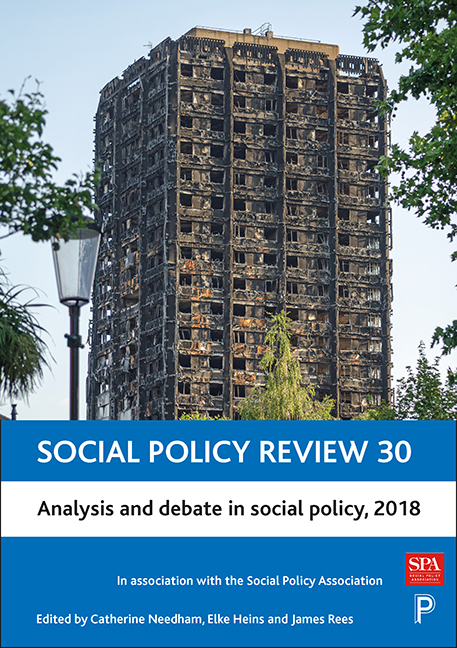Nine - What is impact? Learning from examples across the professional life course
Published online by Cambridge University Press: 22 April 2022
Summary
Impact as a measure of academic work
The inclusion of research impact as the third element of the assessment of research excellence and research environment in the 2014 Research Excellence Framework in the UK (REF2014) has sparked debates around the definition, attribution and measurement of impact (see, among others, Holmwood, 2011; Brown, 2012; Borman, 2013; Penfield et al, 2014). In particular, the escalating costs of preparing a REF submission for departments (Sayer, 2015), the impact on individual careers when used as a managerialist tool (Docherty, quoted in Morrish 2015), the ‘artificial, if not arbitrary’ time limits on impact (Watermeyer, 2014), and incentivising a focus on current, safe, policy-relevant issues at the expense of more radical, and potentially uncertain, blue sky thinking (Smith and Stewart, 2016) have attracted critical commentary.
The initial announcement of the addition of ‘ impact’ to the measurement of academic work was greeted with scepticism at best by the academic community (see, among others, Holmwood, 2011). Since then, the notion of measuring the influence of academics beyond academia has become more accepted. Nevertheless, there remains disquiet and discussion about what ‘impact’ is and how it can be measured. Martin (2011) argues that the current conceptualisation and proposed measurement of impact within the REF2014 suggested ‘a linear model of how knowledge from an individual piece of research is subsequently taken up and used’ (2011, p 250). Others have argued that impact can be ‘conditional, even serendipitous’ (Brewer, 2011), that it can be negative (the study on the supposed link between autism and the MMR vaccine being perhaps the most famous recent example), depends on the political leaning and agenda of respective governments (Brewer, 2011), does not sufficiently account for the time lag and cumulative nature of research and thus creates problems of attribution (Penfield et al, 2014) and does not capture excellence in teaching and curriculum development (Wade, 2013). Furthermore, Martin (2011) argues that any attempt to measure impact for REF purposes will become more cumbersome with each iteration, and that soon any ‘impact’ will be outweighed by the cost of the exercise.
Aims and objectives
The aim of this chapter is to examine the nature and scale of the impact of academic work on policy and practice outside academia.
- Type
- Chapter
- Information
- Social Policy Review 30Analysis and Debate in Social Policy, 2018, pp. 181 - 202Publisher: Bristol University PressPrint publication year: 2018



